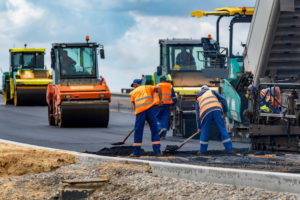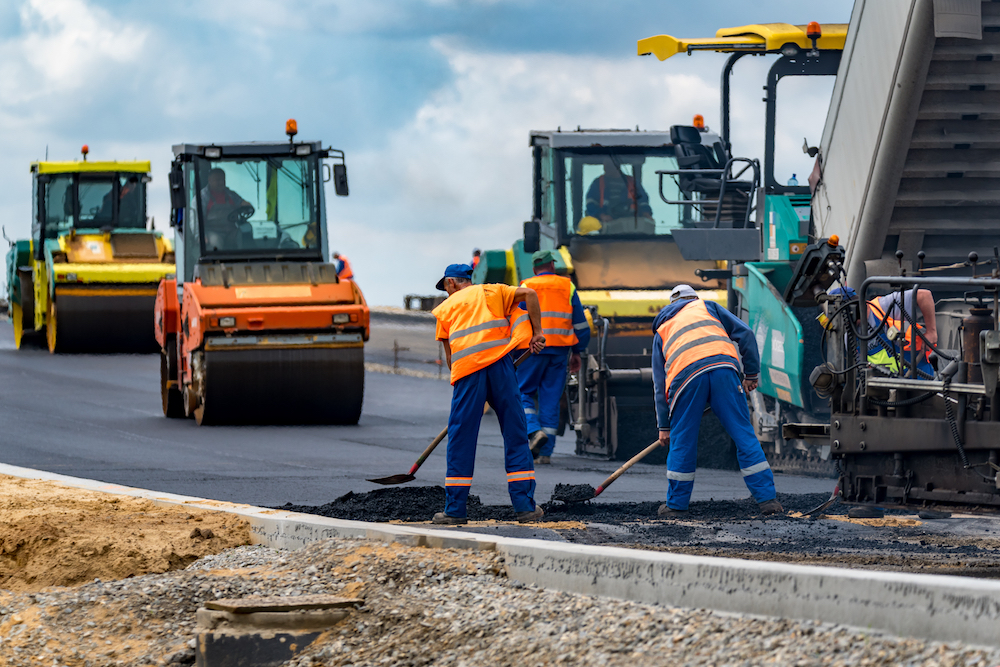
Payment bond requirements are in place for public works projects, and mechanics lien rights typically exist on private jobs. But, where’s the payment protection on jobs that are not quite private and not quite public? For Colorado, payment bond requirements now expand to public-private partnerships.
Public-private partnerships (P3’s) lack payment protection
When work is done on a privately owned construction project, most contractors, subs, and suppliers will be entitled to file a mechanics lien if they’re unpaid. That lien attaches directly to the project property and forces payment in a number of different ways.
But, a private person or company can’t just take a lien against property that’s publicly owned. That’s why payment bonds are present on public works projects. These bonds provide assurance that, if the project goes sideways, a claimant will be able to look to the payment bond for protection. And, that bond guarantees that there are funds to make sure everyone gets paid.
When there’s a P3 project in play, some construction businesses may fall between the cracks of protection. Often, P3’s are on publicly owned land – so lien rights aren’t available. And, the project may have a mostly-private benefit or use private investment, so the state’s payment bond requirements might not always apply. In these situations, it’s hard to know where the protection is.
For more on this idea: Public Private Partnerships – What’s The Protection?
Colorado’s new payment bond requirements protect claimants on P3 projects
Colorado recently passed Senate Bill 19-138, now codified as CRS 24-105-202 and CRS 38-26-105 through 106, which expands protection to public-private partnership projects. Holland & Hart Also has a good summary, which you can read here.
The Colorado legislature explicitly identified the lack of protection on public-private partnerships. It stated that, under previous laws, there was inadequate protection for those working on P3 projects. The main purpose of this legislation was to squash that.
The following changes were made in order to ensure payment on these projects.
New Colorado bonding requirements created by Senate Bill 19-138
1. Payment and performance bonds are required for all prime construction contracts where a private entity is performing work on publicly owned land when the project exceeds $150,000 – regardless of how the project is being paid or financed. This is the big one – it secures protection to sub-tier project participants on Colorado public and P3 projects.
2. A “public works contractor bond” (which is a type of penal bond) is required for all contracts exceeding $50,000 awarded to a private company for the construction, completion, or repair of traditional public buildings or public works. This penal bond creates a penalty for contractors who fail to make timely payments on public and P3 projects – and the penalty is paid to the public entity.
3. A “contractor bond” (which is another penal bond) is required for a contractor awarded a contract of more than $50,000 by a local government, or more than $150,000 awarded by the state to a private entity for work done on public property – even when that work is privately financed.
What do the changes under Senate Bill 19-138 mean for Colorado construction businesses?
Admittedly, it’s all pretty confusing. Unfortunately, as written, Colorado’s bond requirements for public jobs are far from clear. Even the “Summary of Legislation” included in the bill’s final fiscal note requires multiple read-throughs, and it’s lacking significant details.
Sorting out which payment, performance, and penal bonds will be required will be a handful. So, to be sure you’re compliant, prime contractors on Colorado public works and P3 projects should probably sit down with their attorney and a surety in order to jump through all of the hoops necessary to remain compliant.
As for subcontractors, material suppliers, equipment lessors, and other sub-tier participants, this legislation is pretty simple. Now, these parties will clearly be protected when they’re performing work under public-private partnership projects. If payment isn’t made, they’ll be able to pursue a payment bond claim.
Related resources

